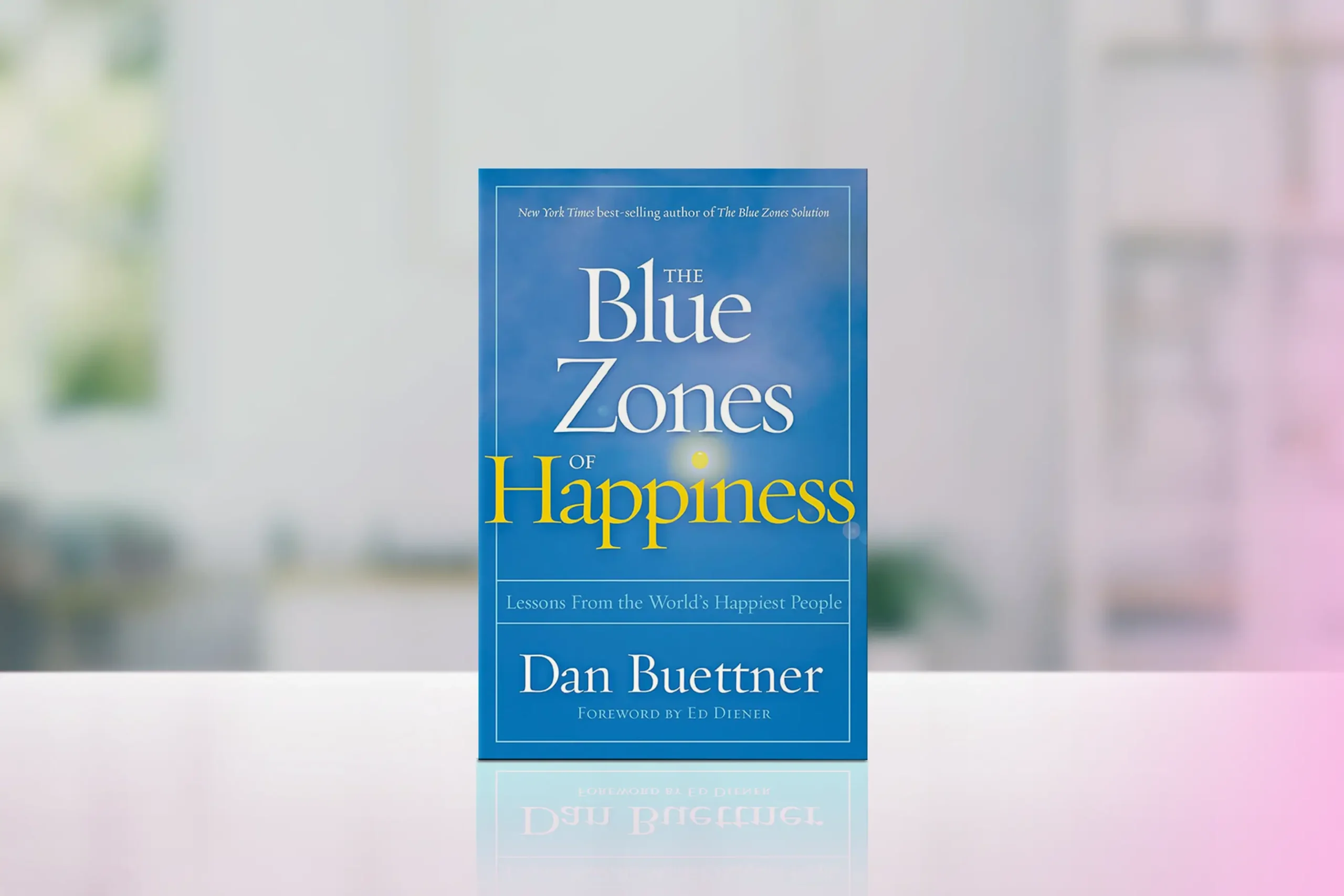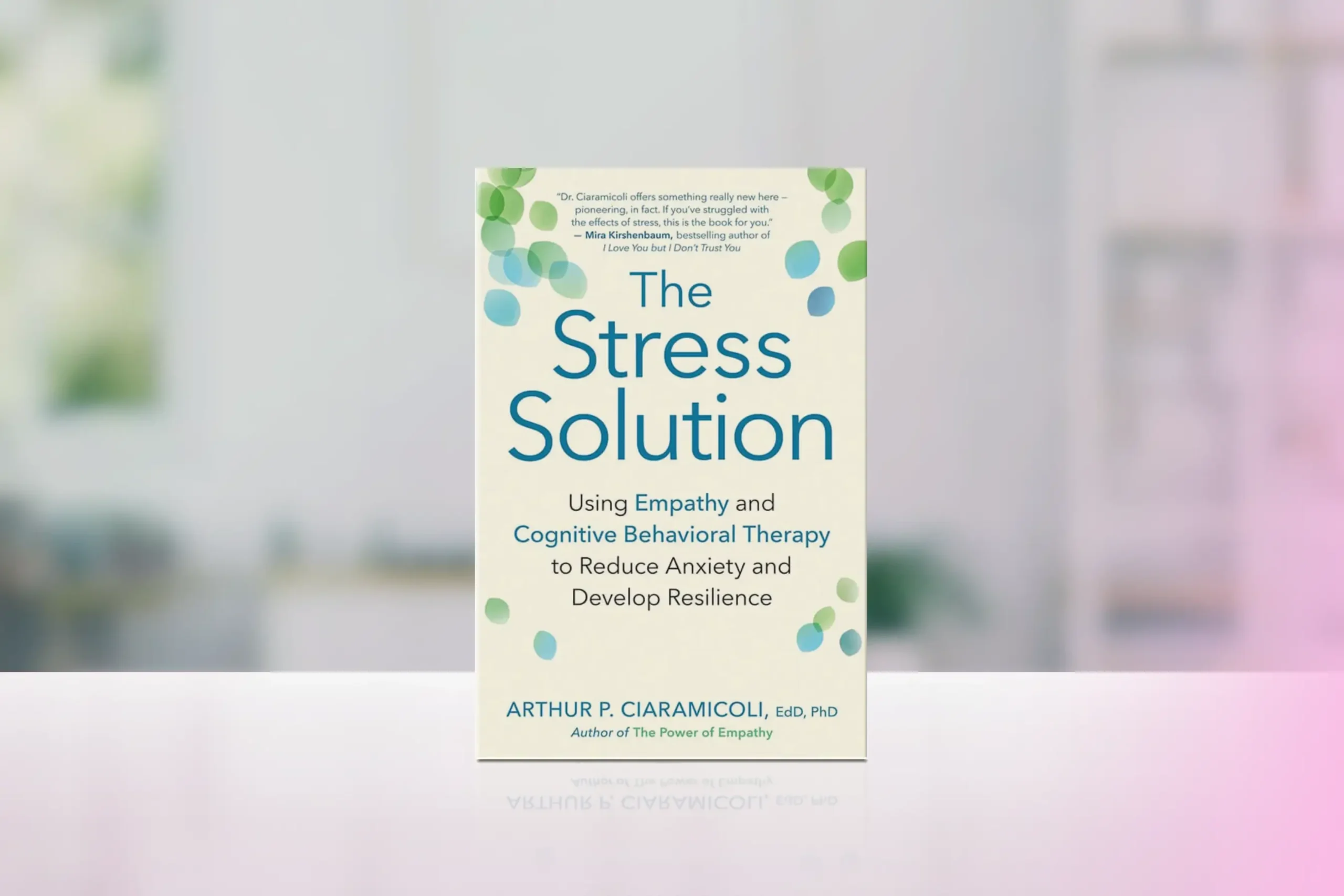We chase productivity hacks and wellness trends, but the most powerful tool for better health and performance is something we often neglect: sleep. In truth, sleep is the real superpower. When we sleep well, everything—from memory to mood—improves. When we don’t, everything suffers. Luckily, optimizing rest isn’t complicated. Here’s how to finally make sleep your greatest advantage.
Inside this article:

Why Sleep Is the Ultimate Superpower
What if there was one thing you could do that would immediately improve your memory, boost creativity, strengthen immunity, regulate emotions, and help you live longer?
The answer: sleep. And it’s completely free.
Your Brain on Sleep: The Nightly Reset
While you’re unconscious, your brain becomes a bustling hub of activity. During deep sleep, your mind consolidates memories, transferring important information from short-term to long-term storage. People who sleep after learning retain 40% more than those who stay awake.
Sleep also unleashes creativity. Ever notice solutions appearing after good rest? Your brain makes novel connections between unrelated ideas while you sleep. Your prefrontal cortex—responsible for decision-making and complex thinking—gets completely restored, explaining why everything feels clearer after proper rest.
Your Body’s Overnight Repair Shop
Sleep transforms your body into a sophisticated repair facility. Growth hormone surges during deep sleep, rebuilding muscle and supporting cellular repair. Your immune system produces infection-fighting cells while you sleep—which is why well-rested people get sick less often.
The consequences of sleep loss are equally dramatic:
Your Emotional Superpower
Sleep acts as your emotional thermostat. During REM sleep, your brain processes emotional experiences, helping maintain psychological balance. Well-rested individuals show greater stress resilience and better emotional regulation.
Lose just one night of quality sleep? You become 60% more reactive to negative emotions.
Sleep vs. Sleep Deprivation
| Quality Sleep (7-9 hours) | Sleep Deprivation (<7 hours) |
|---|---|
| 40% better memory retention | Impaired memory consolidation |
| Enhanced creativity and problem-solving | Reduced cognitive flexibility |
| Strong immune system | 3x higher risk of catching colds |
| Stable mood and emotions | 60% more emotional reactivity |
| Optimal metabolism | 30% increased obesity risk |
| Sharp decision-making | Poor judgment and impulse control |
| Lower stress hormones | Elevated cortisol levels |
| Better physical performance | Reduced strength and endurance |
| Healthy appetite regulation | Increased hunger and cravings |
| Faster healing and recovery | Slower tissue repair |
Despite overwhelming evidence, the National Sleep Foundation’s recommendation of 7-9 hours eludes one in three adults. For a comprehensive exploration of the science behind wellbeing, consider reading The Science of Wellbeing: How Positive Psychology Can Transform Your Life or “Why We Sleep” by Matthew Walker, which dives deep into sleep’s profound impact on every aspect of human health.
Key Takeaway: Sleep isn’t just rest—it’s the biological foundation that makes everything else in your life possible, from sharp thinking to emotional resilience.

Why We Struggle to Get It Right
If sleep is so powerful, why do so many of us struggle to prioritize it? The answer lies in a perfect storm of cultural programming, modern technology, and misguided beliefs about success. Understanding these obstacles is crucial because you can’t fix what you don’t acknowledge.
The Stress-Sleep Vicious Cycle
Your mind treats bedtime as worry time, replaying every deadline and unresolved issue. Poor sleep increases cortisol, making you more reactive to stress the next day—creating a self-perpetuating cycle.
Key insight: Sleep isn’t time lost—it’s an investment multiplier.
Modern Sleep Saboteurs
- Blue light suppresses melatonin
- 24/7 connectivity blurs work-life boundaries
- Constant news cycles create anxiety
- Infinite entertainment distractions
The Hustle Culture Trap
We celebrate sleep deprivation as success. Social media overflows with 4 a.m. gym posts and midnight work sprints. The message: successful people sacrifice sleep.
This isn’t just wrong—it’s counterproductive. True high performers don’t just work hard; they recover strategically.
Key Takeaway: Understanding why we struggle with sleep is the first step to fixing it—once you recognize the cultural programming and modern traps working against your rest, you can start making intentional choices to reclaim your nights.

How to Finally Get Sleep Right
Knowing sleep’s importance is one thing; actually implementing sustainable changes is another. The good news? You don’t need expensive gadgets or complete lifestyle overhauls. With the right strategies and consistent application, you can transform your sleep—and your life—starting tonight.
Foundation Strategy: Consistency Is King
Set a consistent sleep schedule. Maintain it even on weekends. Your circadian rhythm operates best when it can anticipate bedtime and wake time.
Create Your Sleep Environment
Keep your bedroom cool (65-68°F/18-20°C), dark, and quiet with a comfortable mattress and pillows.
Why it’s important: This environment triggers your body’s natural sleep signals and prevents disruptions that fragment your rest, allowing you to reach the deeper sleep stages where real restoration happens.
Build a Bedtime Routine
Spend 30-60 minutes before bed doing calming activities like reading, stretching, or journaling, while avoiding screens.
Why it’s important: This routine trains your brain to recognize sleep time and helps transition your nervous system from the day’s stress into recovery mode.
Watch What and When You Consume
Stop caffeine after 2 p.m. and limit alcohol, especially within 3 hours of bedtime.
Why it’s important: Caffeine can stay in your system for 6-8 hours, blocking sleep chemicals, while alcohol disrupts your sleep cycles and prevents the restorative REM sleep your brain needs.
Calm Your Mind
Write down tomorrow’s priorities and practice deep breathing or muscle relaxation before bed.
Why it’s important: This mental “brain dump” prevents racing thoughts from keeping you awake and activates your body’s relaxation response, making it easier to fall asleep naturally.
Advanced Optimization
- Track patterns with wearables (don’t obsess over data)
- Strategic naps: 20-30 minutes between 1-3 p.m.
- Morning light exposure to reset circadian rhythm
Remember: The most successful leaders protect sleep as a competitive advantage.
For deeper insights into building sustainable habits, explore our article on The Power of Habit: How to Build and Break Habits for Growth or dive into “Atomic Habits” by James Clear, which provides a comprehensive framework for creating lasting behavioral changes.
Key Takeaway: Quality sleep isn’t about perfection—it’s about creating consistent, sustainable practices that work with your lifestyle, not against it.

When Sleep Success Transforms Lives
The transformation that comes with prioritizing sleep isn’t just theoretical—it’s visible in the lives of world-class performers who’ve learned this lesson, sometimes the hard way. These stories prove that making sleep a priority isn’t just about feeling better; it’s about unlocking potential you never knew you had.

Bill Gates: From Sleep Skeptic to Sleep Advocate
The Microsoft founder used to brag about needing little sleep, believing it was unproductive. After experiencing decision fatigue and health issues, Gates now prioritizes 7+ hours nightly. He credits better sleep with improved focus and more strategic thinking in his philanthropic work.

Oprah Winfrey: The Power of Sleep Rituals
After years of burning out from packed schedules, Oprah developed strict sleep boundaries. She stops using electronics by 9 p.m., takes warm baths with Epsom salts, and maintains consistent bedtimes. She’s publicly stated that quality sleep transformed her energy levels and emotional resilience during high-pressure situations.

Tim Cook: Early Riser, Early Sleeper
Apple’s CEO Tim Cook wakes at 3:45 a.m., but he also goes to bed by 9:30 p.m., ensuring he gets over 6 hours of sleep. Cook has said that protecting his sleep schedule, even during global product launches, keeps him sharp for the complex decisions required to run one of the world’s largest companies.

Arianna Huffington: From Collapse to Sleep Revolution
In 2007, Arianna Huffington collapsed from exhaustion in her office, breaking her cheekbone on her desk. This wake-up call led her to completely restructure her relationship with sleep and write “The Sleep Revolution”, arguing that our sleep crisis reflects a culture that glorifies burnout.

Roger Federer: The Sleep Champion
Tennis legend Roger Federer attributes much of his longevity to prioritizing 10-12 hours of sleep per night. While other players pushed their bodies with excessive training, Federer understood that recovery was just as important as practice. His commitment to sleep allowed him to compete at the highest level well into his late 30s.
For more inspiration on building resilience and sustainable high performance, explore our articles on Stress Management: Finding Balance in a Fast-Paced World and The Mind-Body Connection: Holistic Approaches to Personal Development. You might also find value in “The Power of Now” by Eckhart Tolle or “Mindset: The New Psychology of Success” by Carol Dweck.
Key Takeaway: The world’s most successful people don’t sacrifice sleep for success—they protect it as the secret weapon that makes sustained excellence possible.
Better Sleep is Your Choice
Sleep isn’t weakness, laziness, or wasted time—it’s the foundation of every success, big or small. The science is unequivocal: good sleep sharpens your mind, strengthens your body, and stabilizes your emotions.
Your Next Steps to Better Sleep:
- Set a consistent bedtime and wake time (even on weekends)
- Create a 30-minute wind-down routine starting tonight
- Remove screens from your bedroom or use blue light filters after 8 p.m.
- Write down your top 3 priorities for tomorrow before bed
- Track your sleep for one week to identify patterns
- Choose one sleep environment improvement (temperature, darkness, or noise)
- Schedule your last caffeine intake for before 2 p.m.
Make the shift tonight. Protect your rest with the same intensity you bring to your most important goals. You’ll discover that the most underrated superpower was always within reach—you just needed permission to claim it.
Your future betterself will thank you!
Related articles
Creating Your First Wellbeing Plan: From Vision to Action
Design a wellness strategy that fits your unique lifestyle and actually works for you.
Balancing Mind, Body, and Spirit: The Foundation of Wellness
Achieve balance and improve your overall quality of life with this comprehensive approach.
How to Prioritize Emotional Wellbeing: A Beginner’s Guide
Boost your emotional intelligence and build stronger, more satisfying relationships.
The Importance of Self-Care: Simple Strategies to Make Time for Yourself
Learn simple yet powerful self-care techniques to feel better every day.
Further reading
The Body Keeps the Score” by Bessel van der Kolk
A deep dive into how trauma affects the body and innovative treatments for recovery.
“Why We Sleep” by Matthew Walker
Highlights the importance of sleep in stress management and overall health, aligning with the article’s holistic approach to wellbeing.
“The Happiness Advantage” by Shawn Achor
Discusses how positive psychology can improve performance and reduce stress, complementing the article’s focus on stress management.
“Mindset: The New Psychology of Success” by Carol S. Dweck
Explores the impact of mindset on success and resilience, supporting the article’s emphasis on developing a positive approach to stress.
“The Power of Now” by Eckhart Tolle
Emphasizes present-moment awareness, aligning with the article’s discussion of mindfulness as a stress management technique.





